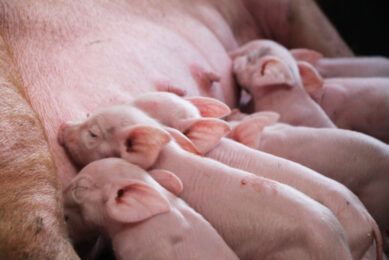Pork features well in environmental survey
Retail chains are requesting more documentation regarding the environmental aspects of products. In the UK, the terms “food miles” and “carbon footprint” are gaining in popularity. The agricultural faculty of the University of Aarhus in Denmark has carried out a study on Danish, Dutch and British pork.
The “Food Miles” specification is indicated in (g CO²) and measures the amount of greenhouse gas emissions during the transport of foodstuffs from the producer to the consumer.
“Carbon Footprint” refers to the entire life cycle of a product and its greenhouse gas emissions. This term covers the entire value chain. For the product in question, in the case of pork, be it sausages or ham, the Life Cycle Assessment (LCA) covers CO² and its equivalents.
The University carried out a life cycle analysis of pork from Denmark, the Netherlands and the UK on behalf of the Danish Meat Association. One kilo pork was analysed for greenhouse gas emissions for the three most important UK pork producers in the entire production chain and for the Danish and Dutch products only in the transport phase.
Entire production process
In the calculation of greenhouse gas emissions, the soybean crop growing in Argentina, the feed production in Denmark and the entire pig production chain including fertiliser production, slaughtering and meat dispatch was included. Through adding all emission values, a realistic value of greenhouse emissions can be calculated per kilo pork.
The emphasis of environmental considerations lies in the life cycle analysis from the production phase to the delivery of the animals to the slaughterhouse. The transport of meat causes less emissions – less than 1% of the entire emissions in the production chain.
According to the life cycle analysis, 1kg pork contributes 3.6kg CO² equivalents to global warming. As a comparison, replacing a normal 60-watt lamp with an energy saving lamp burning for an hour provides a yearly reduction of 13kg of greenhouse emissions.
Transporting (by truck) to Munich or to Tokyo (by ship), the amount increases to 3.7-3.8kg CO² equivalents per kg pork. This indicates that „Food Miles” do not have much of an environmental effect.
The study revealed no large differences between Danish, Dutch and British greenhouse gas emissions for pork.
Related website:











